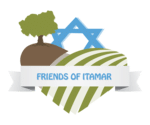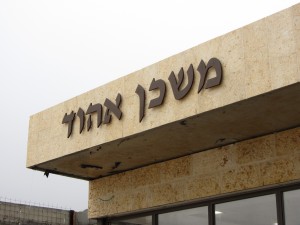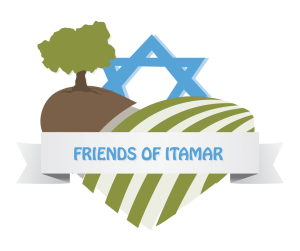Happy Pesach From Friends of Itamar Itamar New Synagoge in full swing
News Flash- Happy Pesach- Itamar Synagoge in full swing! What better time than to recall the passuk: “You mountains of Israel will give forth your branches and bear fruit for
The Fogel Massacre a year later
residents, friends and family of the Fogel family gathered to commemorate their lives. Photo by: Boaz Motas Leah Goldsmith pulls back the curtains from her living- room window to r
A tast of the Fogel memorial service on Itamar Feb 29th 2012
http://youtu.be/-KZ3mrC_CGM
Itamar News Update
Today marks a year since the terrible massacre on Itamar which resulted in the brutal murders of Rabbi Udi and Ruty Fogel together with three of their children Yoav, Elad and Hadas


